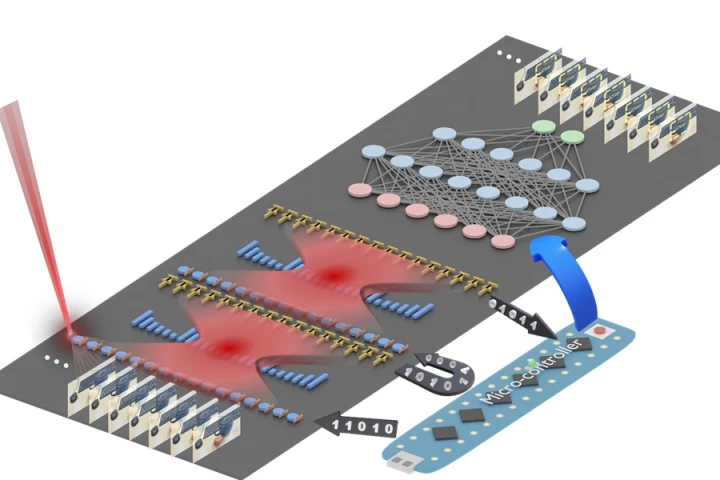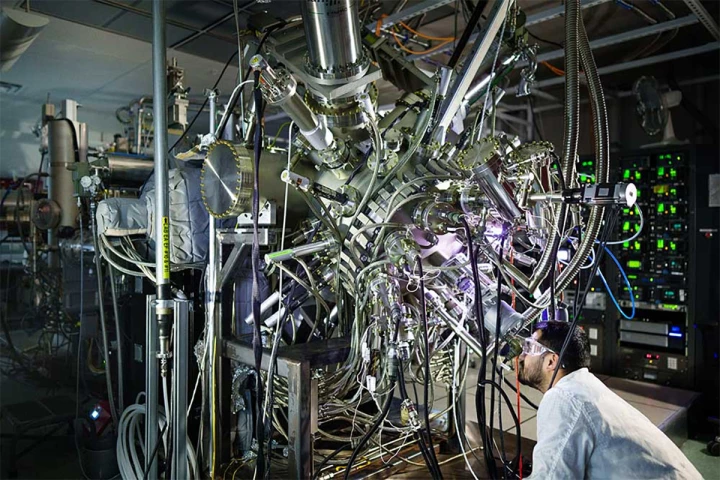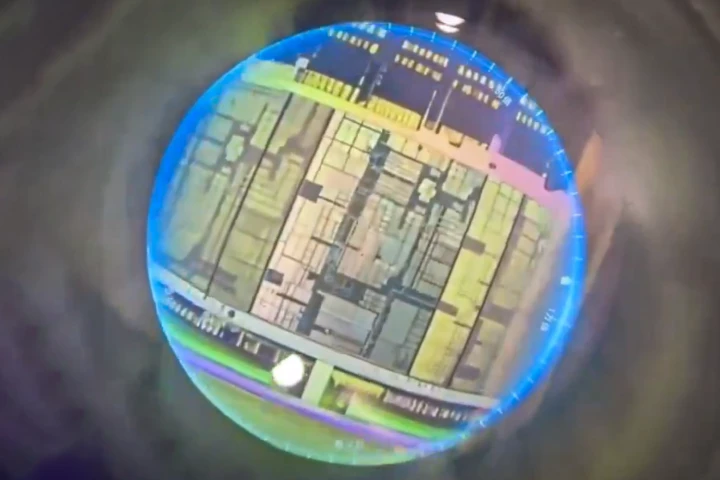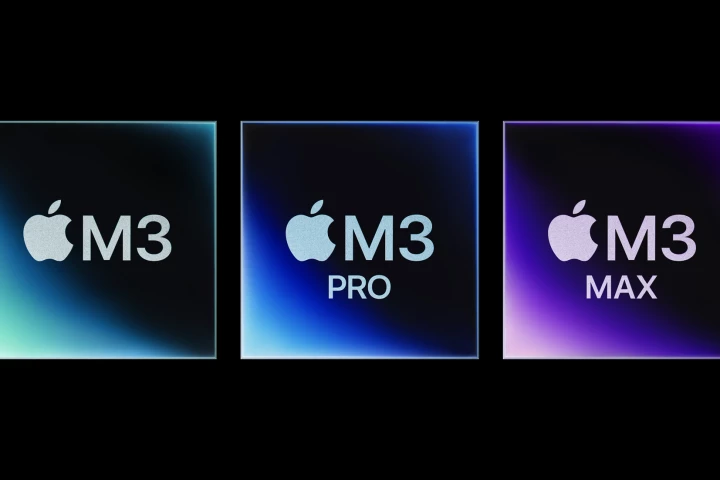Chips
-
They may be better known for stir-fries than supercomputing, but shiitake mushrooms have now been harnessed to function as living processors, storing and recalling data like a semiconductor chip but with almost no environmental footprint.
-
As AI systems grow bigger our data centers are feeling the heat with rising power demands. To tackle these growing energy needs, researchers have created a new chip that swaps electricity for light to handle one of AI's most power-hungry jobs.
-
Under specific conditions, lasers can cool things down – and that might just be what we need to tackle way-too-toasty data centers. A new technology called laser-based photonic cooling can target tiny hotspots on chips to zap heat away.
-
Quantum ComputingAmazon has unveiled its first quantum computing chip today, after four years in the making. Dubbed Ocelot, it uses 'cat qubits' for improved error correction, and could lead to cheaper practical quantum computing in the years to come.
-
We recently sat down with Adam Khan of Diamond Quanta – the company that wants to replace the silicon chip with ones made from diamond. We discussed the reason for this glittering idea, the challenges it presents, and the implications of the technology.
-
You may have seen this video doing the rounds; it peers through the lens of a microscope at a smartphone chip and starts zooming in, giving you a visceral sense of just how insanely tiny today's transistors have become.
-
In a true public service, potato scientists have flicked the 'off' switch on a genetic mechanism that causes cold-stored taters to produce carcinogenic acrylamide when cooked. It means that one of the world's greatest food groups could be made healthier.
-
Twas the night before Halloween, and Apple held a “spooky” event to announce some “scary fast” new products. The company unveiled its next generation chips, the M3 family, as well as the first iMacs and MacBooks that will feature them.
-
IBM Research’s lab in California is developing a prototype chip called NorthPole based on the architecture of the human brain. It holds the promise of greatly improving computer efficiency and producing systems that do not rely on cloud computing.
-
Last year, Monash University scientists created the "DishBrain" – a semi-biological computer chip with some 800,000 human and mouse brain cells lab-grown into its electrodes. Demonstrating something like sentience, it learned to play Pong within five minutes.
-
Computers destroy humans at chess, but there's not a single one that could go into a house and feed the dog. Intel's research-grade Loihi 2 neuromorphic chips are working on it though, drawing inspiration from nature's greatest necktop supercomputer.
-
A powerful new optical chip can process almost two billion images per second. The device is made up of a neural network that processes information as light without needing components that slow down traditional computer chips, like memory.
Load More










